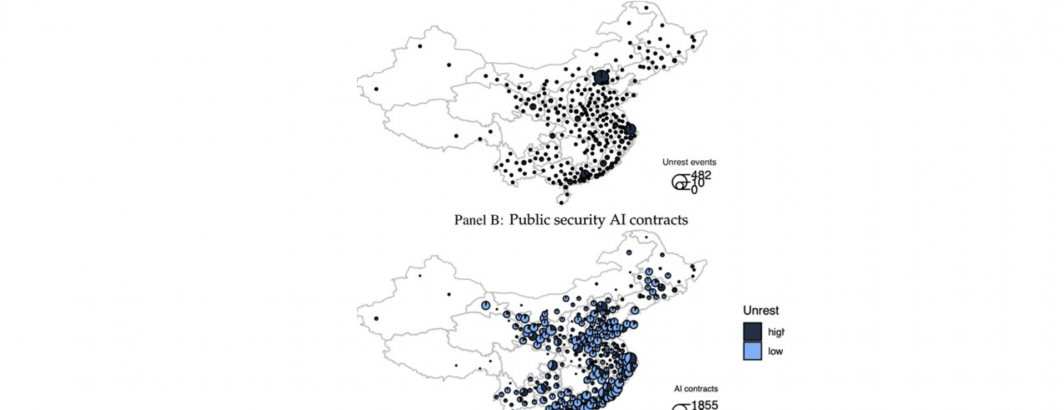
Recent scholarship has suggested that artificial intelligence (AI) technology and autocratic regimes may be mutually reinforcing. We test for a mutually reinforcing relationship in the context of facial-recognition AI in China. To do so, we gather comprehensive data on AI firms and government procurement contracts, as well as on social unrest across China since the early 2010s. We first show that autocrats benefit from AI: local unrest leads to greater government procurement of facial-recognition AI as a new technology of political control, and increased AI procurement indeed suppresses subsequent unrest. We show that AI innovation benefits from autocrats’ suppression of unrest: the contracted AI firms innovate more both for the government and commercial markets and are more likely to export their products; noncontracted AI firms do not experience detectable negative spillovers. Taken together, these results suggest the possibility of sustained AI innovation under the Chinese regime: AI innovation entrenches the regime, and the regime’s investment in AI for political control stimulates further frontier innovation.